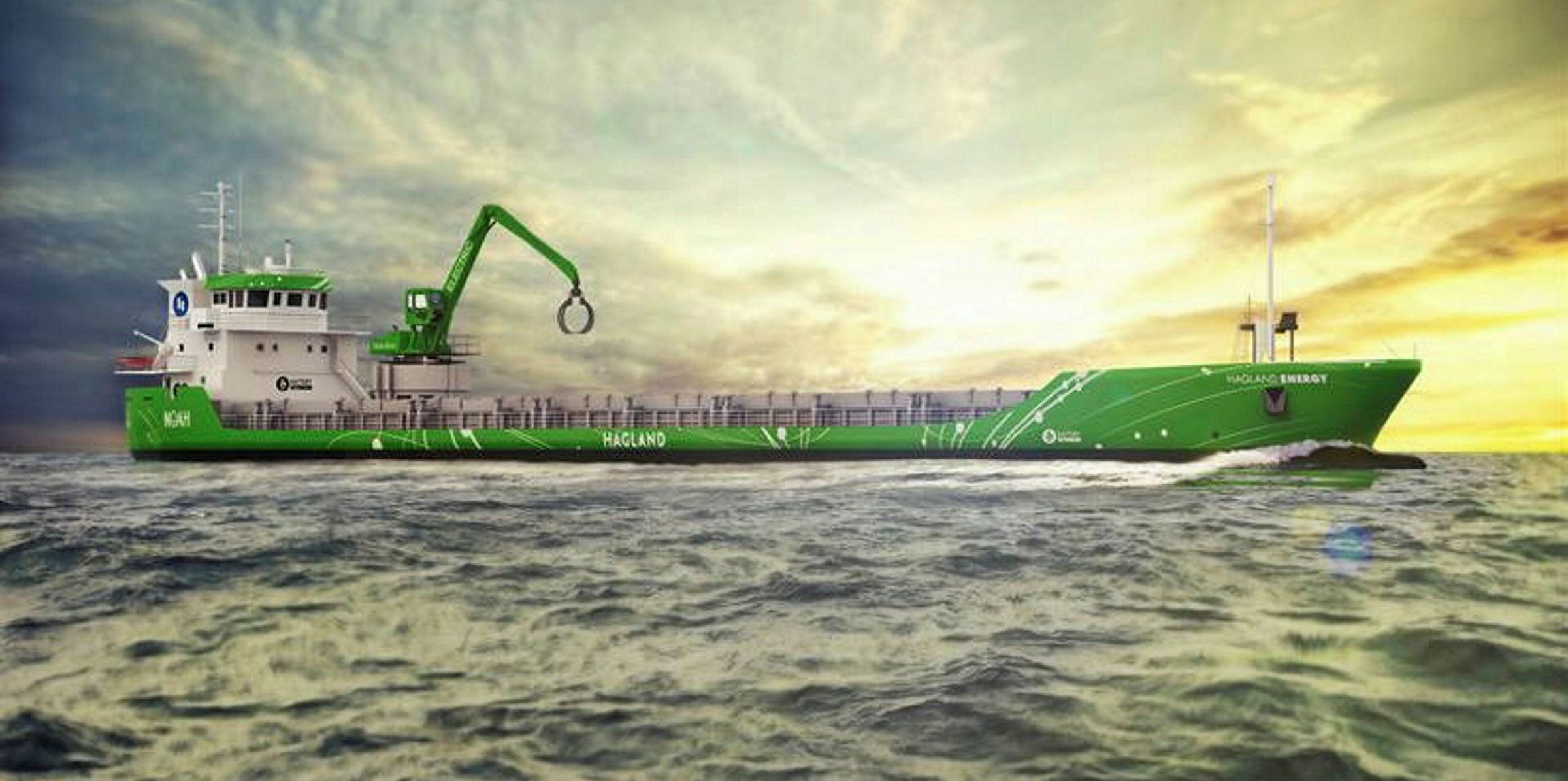The European Commission (EC) has defended its decision to publish potentially sensitive commercial data on the carbon emissions performance of individual ships, but said it will not now release associated cargo data.
The EC has been collecting data on ship fuel consumption and emissions performance within the European Union (EU) since last year under its monitoring reporting and verification scheme (MRV).
And it has now decided to allow full public access to the results.
Faig Abbasov, shipping officer at Shipping and Environment, said: “Shippers need to be able to identify the most efficient ships to cut their fuel costs and climate impact.
"The EU’s system provides this high quality data which will also influence the ambition and the effectiveness of climate measures in the shipping sector. Without accurate data collection the reduction measures won’t be worth the paper they are written on.”
However the EC said it would not now go ahead with its plan to publish information on the cargo carried by those ships, which it had earlier argued would allow shippers to identify the cleanest vessels per tonne of cargo transported.
Abbasov said that the cargo data is needed to accurately assess ship efficiency and promote clean shipping.
“Despite the positive decisions on flag neutrality and transparency it is regrettable that the Commission caved in to pressure to remove the collection of cargo data within the EU. Without cargo data, the market would not be able to differentiate an empty ship from an efficient one and thus there would be little incentive to improve ships' efficiency, lower emissions and reduce transport costs,” he said.
The EC has decided not to publish cargo data to align the European scheme with a wider global scheme being introduced by the International Maritime Organisation (IMO) known as the Fuel Oil Data Collection System.
However the International Chamber of Shipping (ICS), which represents shipowner associations from around the world, said it is “disappointed” at the decision to publish the details of individual ships, pointing out that the data is “commercially sensitive.” It also questioned the accuracy of the data.
ICS expresses disappointment
ICS deputy secretary general Simon Bennett said: “ICS is disappointed but not surprised that the EC intends to proceed with its plans to publish potentially commercially sensitive data about individual ships which may not correspond to actual CO2 emissions in real life, although a lot will depend on how the Commission intends to use this information in practice.
“It is regrettable that rather than fully aligning the EU regime with the Fuel Oil Data Collection System adopted by IMO, under which individual ship’s data would be anonymised, the Commission has simply sought to make its approach compatible with the IMO system, which is not quite the same thing.”
Bennett said the ICS is now considering how to respond to the decision.
“We are still analysing the full recommendations and will be consulting with European Community Shipowners’ Association (ECSA) and our member national associations on how we might respond to the invitation from the Commission for further comments, although because of the elections for a new European Parliament it may some time before the final recommendations are taken forward,” he said.







